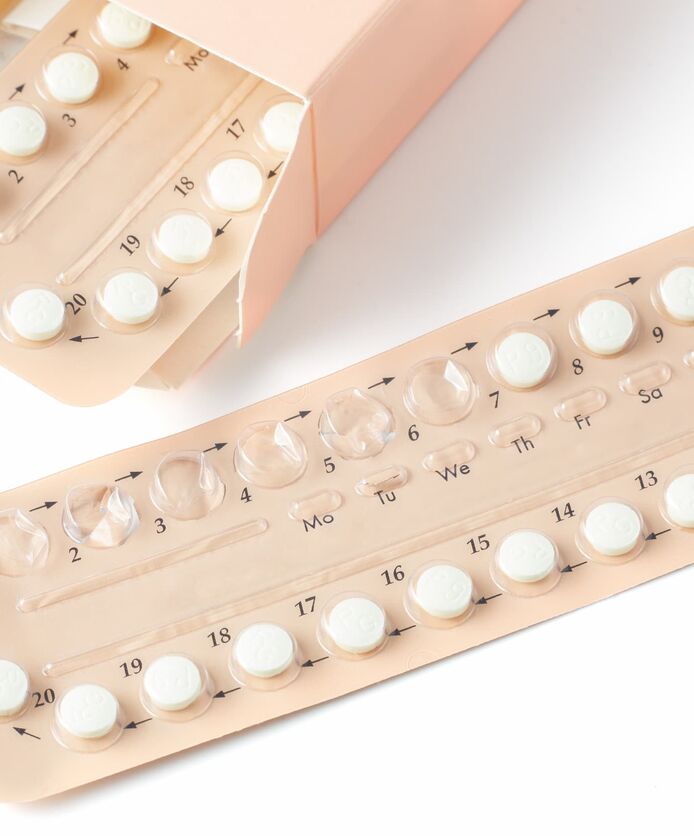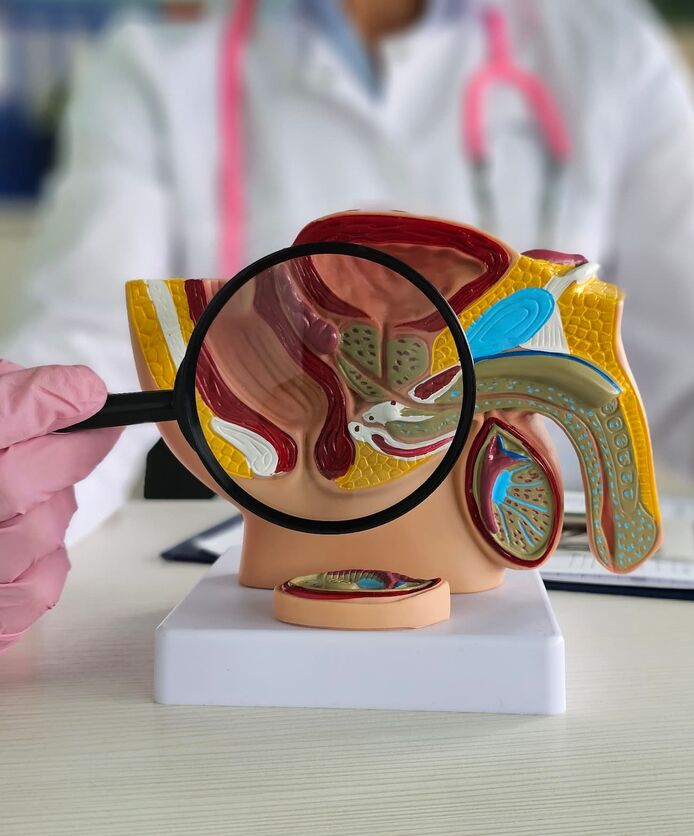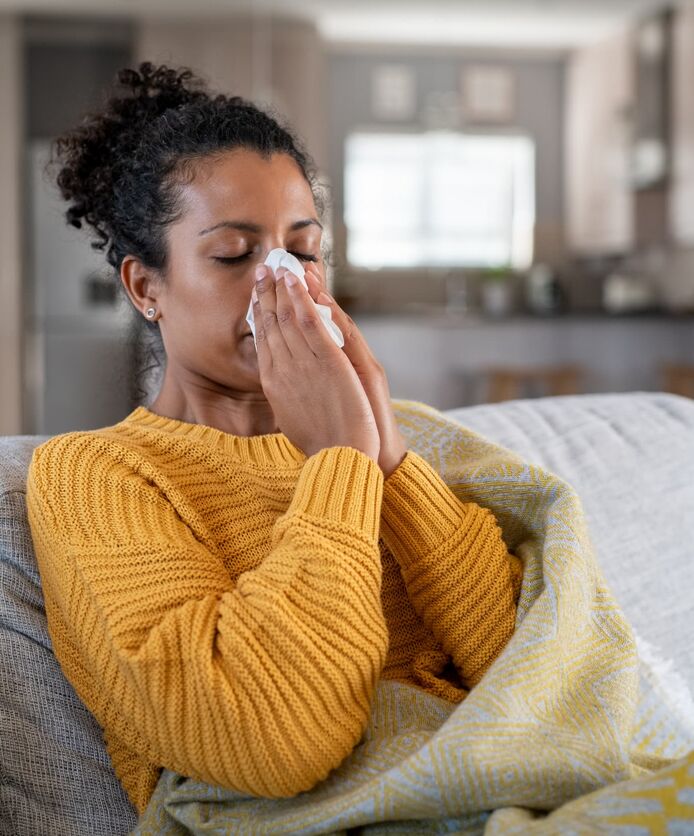
Complete consultation
Fill out a brief questionnaire to assess your qualification for the treatment.
Select medication
Choose the medication that suits your needs based on the consultation results.
Receive Order
Treatment is dispensed and delivered discreetly to your home or work.
Different symptoms for Men and Women
Women - White vaginal discharge, itching, irritation and discomfort during sex or urination.
Men – Redness, irritation, white discharge and difficulty retracting the foreskin.
-
Can genital herpes be cured?
Genital herpes is a lifelong infection caused by the herpes simplex virus (HSV). While there is currently no cure for genital herpes, antiviral medication such as Aciclovir can help manage symptoms, reduce frequency of outbreaks and lower the risk of transition to sexual partners. It’s important to understand that while treatment can control symptoms, the virus remains dormant in body and can reactivate periodically, leading to recurrent outbreaks.
-
Can I still have sex if I have genital herpes?
While it’s possible to have sexual activity if you have genital herpes, it’s crucial to take precautions to reduce the risk of transmission to sexual partners. Genital herpes can be transmitted through skin-to-skin contact, even when there are no visible symptoms present. Therefore, its essential to communicate openly with sexual partners about your herpes status, use condoms consistently and avoid sexual activity during outbreaks or when experiencing symptoms such as itching, brining or lesions.
-
How long does it take for Aciclovir to work?
The effectiveness of Aciclovir in managing genital herpes symptoms can vary from person to person. Typically, Aciclovir starts to work within a few days of initiating treatment, with symptoms such as pain, itching and soars gradually improving over time. However, the duration of treatment and the time taken for complete symptom relief may vary depending on factors such as the severity of the outbreak and individuals response to medication. It’s essential to follow the prescribed dosage and treatment regimen recommended by your Curely pharmacists for optimal results.
-
Why does genital herpes come back?
Genital herpes is caused by a virus called herpes simples. Once you have this virus, it stays in your body. It will not spread in your body to cause blisters elsewhere. Instead, it stays in a nearby nerve and causes blisters in the same area. When the virus becomes active again, it travels along the nerve to the skin’s surface, resulting in recurrent outbreaks of symptoms. Several factors trigger the reactivation of the herpes virus, including:
- Ultraviolet light exposure: Exposure to ultraviolet (UV) light from sunbathing or sunbeds can trigger herpes outbreaks in some individuals.
- Friction in the genital area: Friction during sexual activity or from tight clothing can irritate the skin and trigger herpes outbreaks. Using lubricants during sex may help reduce friction and minimise the risk of outbreaks.
- Smoking and Alcohol: Smoking and excessive alcohol consumption have been associated with an increased risk of recurrent genital herpes outbreaks in some individuals.
- Unavoidable triggers: Some triggers, such as being unwell, experiencing stress, hormonal fluctuations during menstrual cycles, undergoing surgery in the genital area or having a weekend immune system are unavoidable and can also contribute to the reactivation of the herpes virus.
Identifying and avoiding potential triggers can help reduce the frequency and severity of recurrent genital herpes outbreaks. -
What lifestyle changes can help manage genital herpes?
Along with medication, certain lifestyle change can help manage genital herpes and reduce the frequency of outbreaks. These include maintaining good personal hygiene, avoiding triggers such as stress or fatigue and adopting a healthy lifestyle with a balanced diet and regular exercise. Managing stress levels through relaxation techniques such as yoga or meditation can also be beneficial. Additionally, getting enough sleep and practicing safe sex can help prevent outbreaks and reduce the risk of transmitting the virus to sexual partners.


Which contraceptive pill is best?

How to get rid of flu

What causes erectile dysfunction?

What are the symptoms of flu?

How to delay your period

